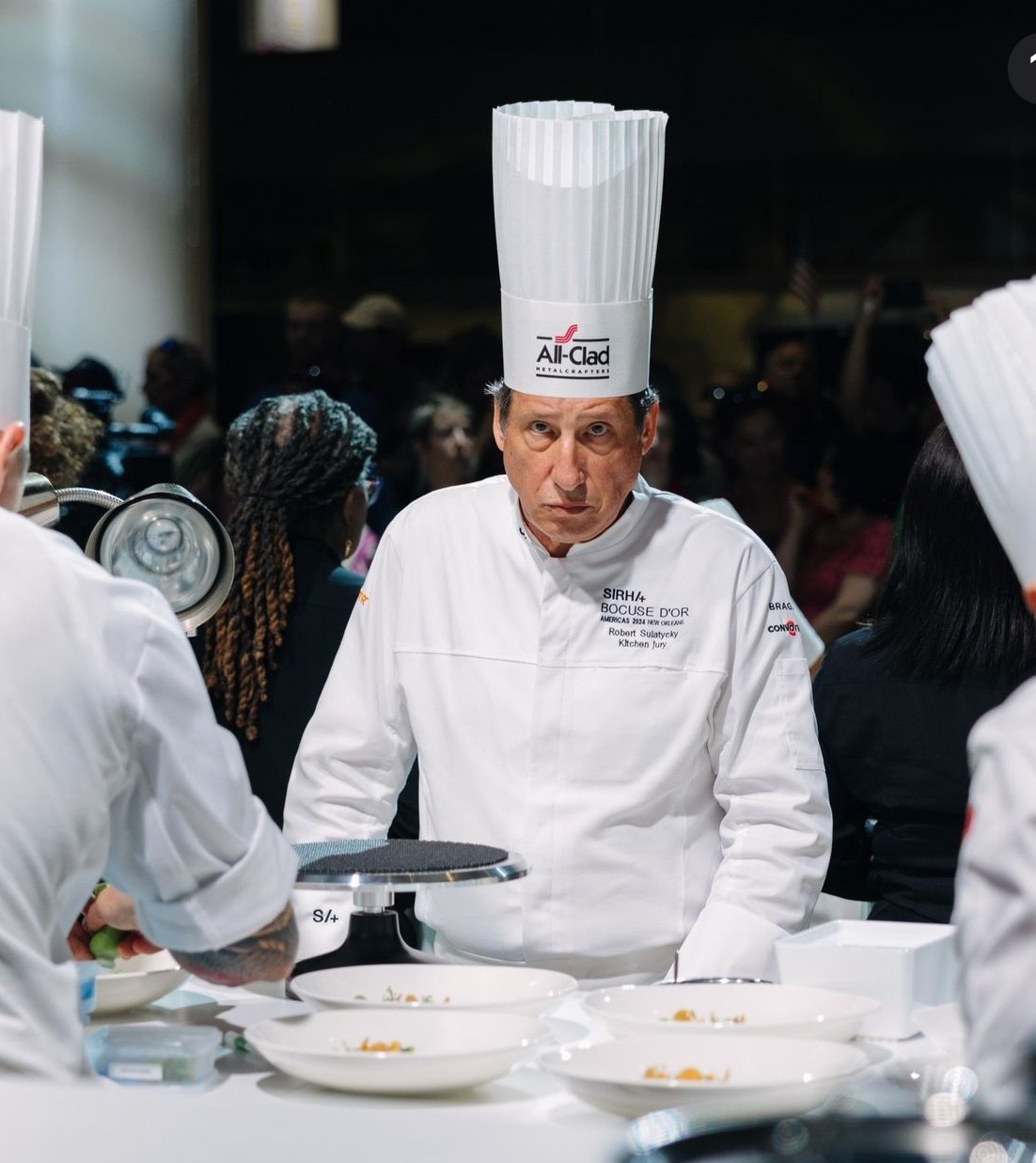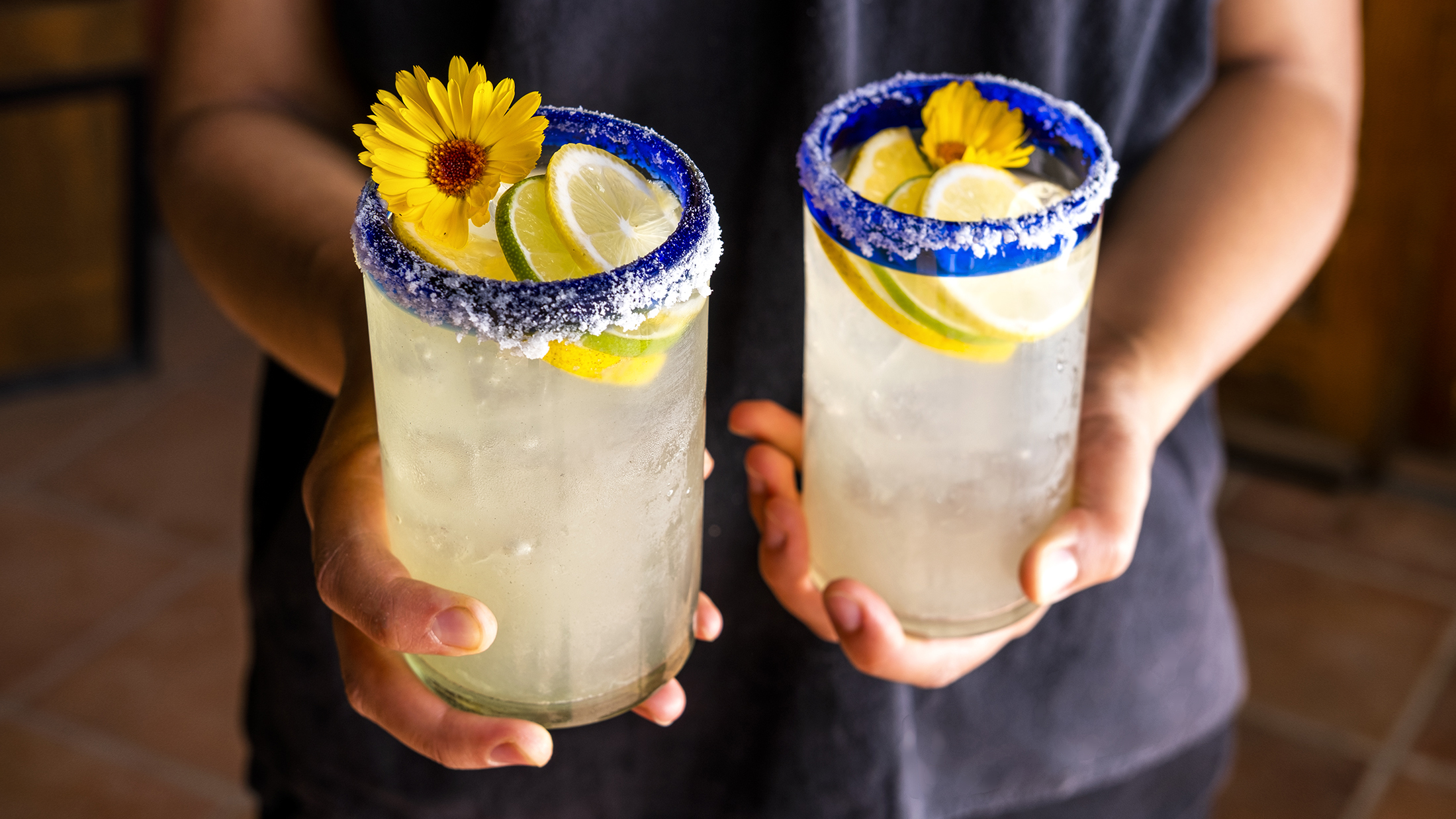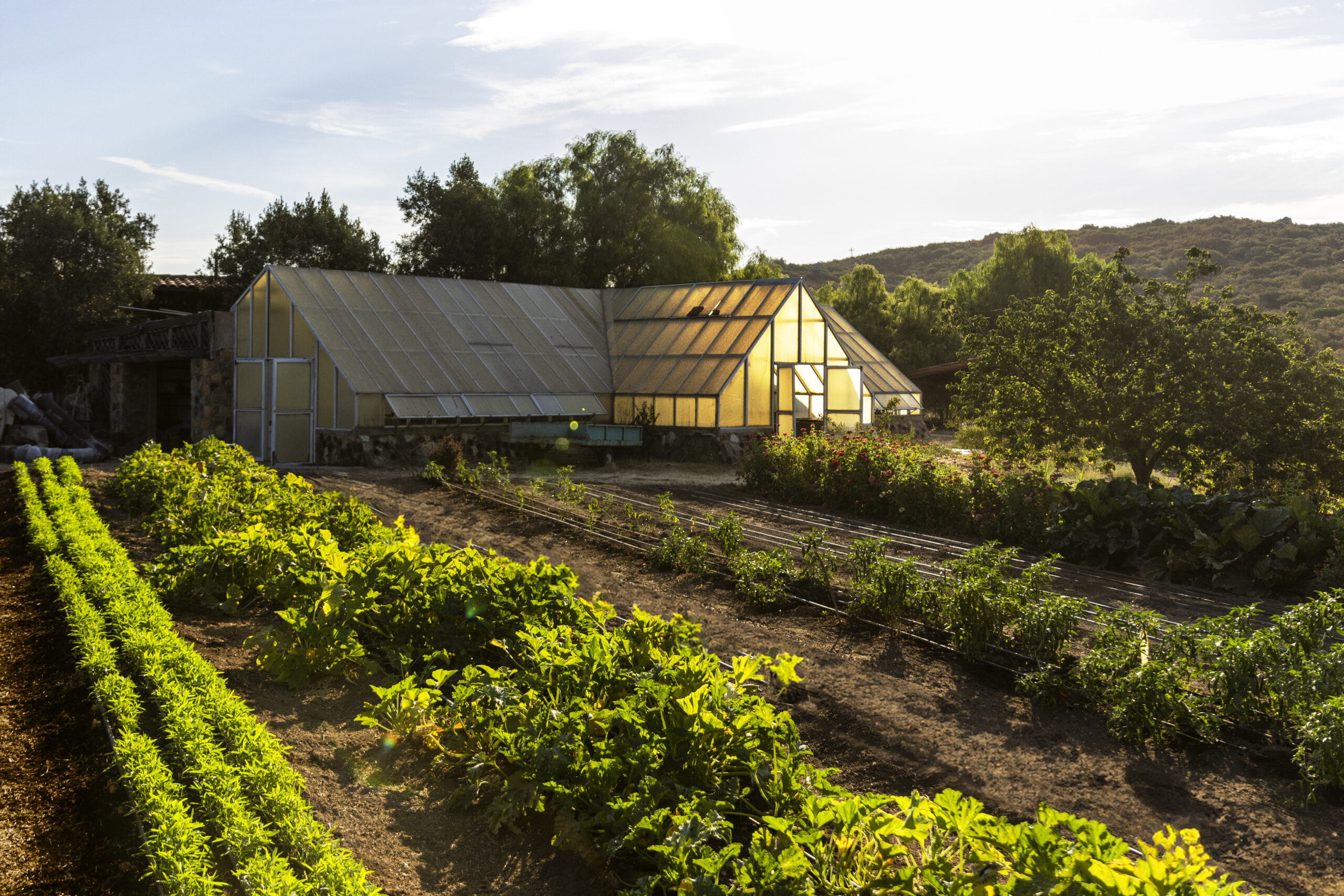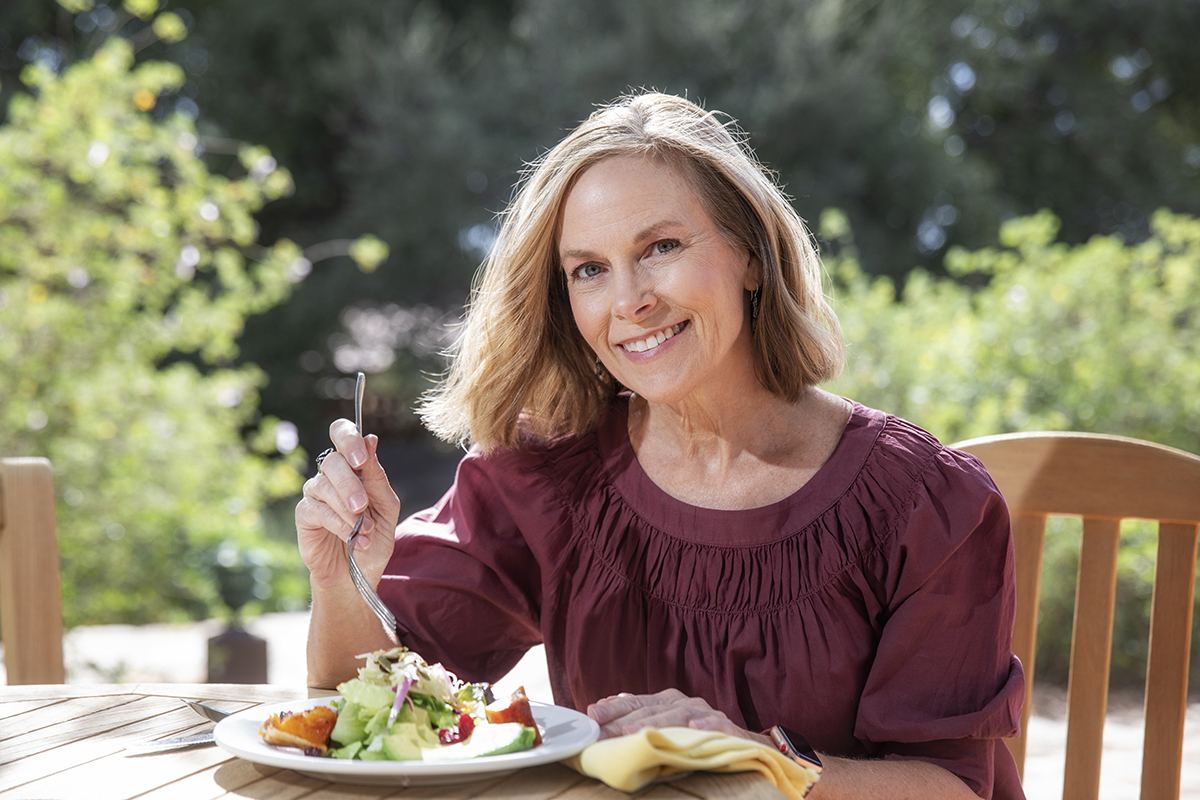Simply Delicious in the Kitchen with Chef Robert Sulatycky

Michelin-starred Chef Robert Sulatycky has carved an illustrious career marked by culinary excellence and innovation. His journey spans acclaimed establishments such as the Relais Chateaux Bacchus Restaurant at the Wedgewood Hotel, Truffles Restaurant at the Four Seasons Hotel in Toronto, and Seasons Restaurant at the Four Seasons Chicago. His pinnacle achievement came at Madera Restaurant in Silicon Valley, California, where his leadership earned him a prestigious Michelin Star. Beyond his culinary accolades, Chef Sulatycky has significantly influenced the North American dining scene through his mentorship and coaching roles at the esteemed Bocuse d’Or competition, guiding Canadian and American teams to podium finishes, including a gold medal triumph in 2017.
What’s your favorite comfort food?
My favorite comfort food is anything my grandmother used to cook. She is long gone, but I grew up on her peasant Ukrainian cuisine, like borscht and pierogies. Just saying those words makes my mouth water. Now, when I cook for my dad, he wants borscht or cabbage rolls. It’s the food of my youth.
Can you share some fundamental principles and philosophies that have guided your culinary journey and contributed to your success?
I live by a philosophy I call the “complexity of simplicity.” As I’ve matured as a culinarian, I’ve found beauty in simplicity, especially with cuisine. It’s about using the best ingredients and preparing them perfectly to let their flavors speak for themselves.
When I’m developing a dish, I find myself taking more and more ingredients off the plate and paring it down. I want you to taste the carrot, beets from the garden, greens, or that perfect fish that’s roasted simply. So that’s my philosophy.
Collaboration and teamwork are essential in any kitchen. How do you foster a culture of collaboration among your team members, ensuring smooth communication and coordination during service or prep?
Transparent communication is key. I encourage my team to embrace mistakes as learning opportunities and push boundaries in both prep and service. There’s nothing to be learned in success. There’s everything to be learned in failure. I have daily lineups where we discuss the day’s tasks, share insights, and get motivated. We cover the basics of the day; we have this many reservations, we have this private group, we need to prep this, this, and this. That’s five minutes. For the next 40 minutes, I just talk about cooking, life, learning, loss, guidance, and motivation. We do that every day because excellence just doesn’t occur.
Excellence in the kitchen is a habit for us. We strive for excellence every day, every moment, every time, and every task. I communicate these points to my team in a very positive and motivational way. Once they see that this is how this kitchen is run and led, then collaboration happens.
That’s great because it leads to my next question. What habits have become a discipline in your culinary practice?
We build disciplines and support them through our daily lineups at the start of every shift. Also, ensuring every dish is tasted before it goes out maintains consistency in quality. Tasting the food we prepare sounds so simple, but that’s another thing I preach, “If all the cooks in the world tasted their food, actually tasted it, we’d have a lot better food at restaurants all around the world.”
Innovation is often crucial to staying relevant in the culinary world. How do you encourage creativity and experimentation within your team while maintaining the integrity of your culinary vision?
Innovation lies in perfecting simplicity. I dedicate up to two months to refining a single dish component until it achieves technical perfection—technically flawless and utterly delicious. We’re not flying by the seat of our pants. Consistency is paramount; I want every guest who orders that dish, whether today or months from now, to have it exactly the same. This reliability stems from our meticulously standardized recipes, crafted with input from the entire team.
I approach things now from the point of view that innovations aren’t always good. Truly, truly good food is already different. I don’t want to innovate. Everything’s been done. It’s all being done. Everybody’s tried everything with every ingredient.
Take huli huli chicken, a beloved Hawaiian roadside dish marinated in pineapple juice, soy sauce, chilies, ginger, and sesame. While I didn’t invent it, my goal is to elevate it to its highest potential. That’s my kind of innovation—making something exceptionally good rather than merely different. When guests see “huli huli chicken” on the menu and then savor it with delight, that’s where my passion for culinary excellence shines through.
Innovation, to me, is this journey towards simplicity, like perfection in simplicity. That’s innovation. I geek out over that.
What can we expect when you teach and cook with us at The Ranch the week of July Fourth?
Expect freshness from the garden and ingredients that shine. You will learn how to respect and prepare them simply yet perfectly. I enjoy teaching, so it’ll be fun.


